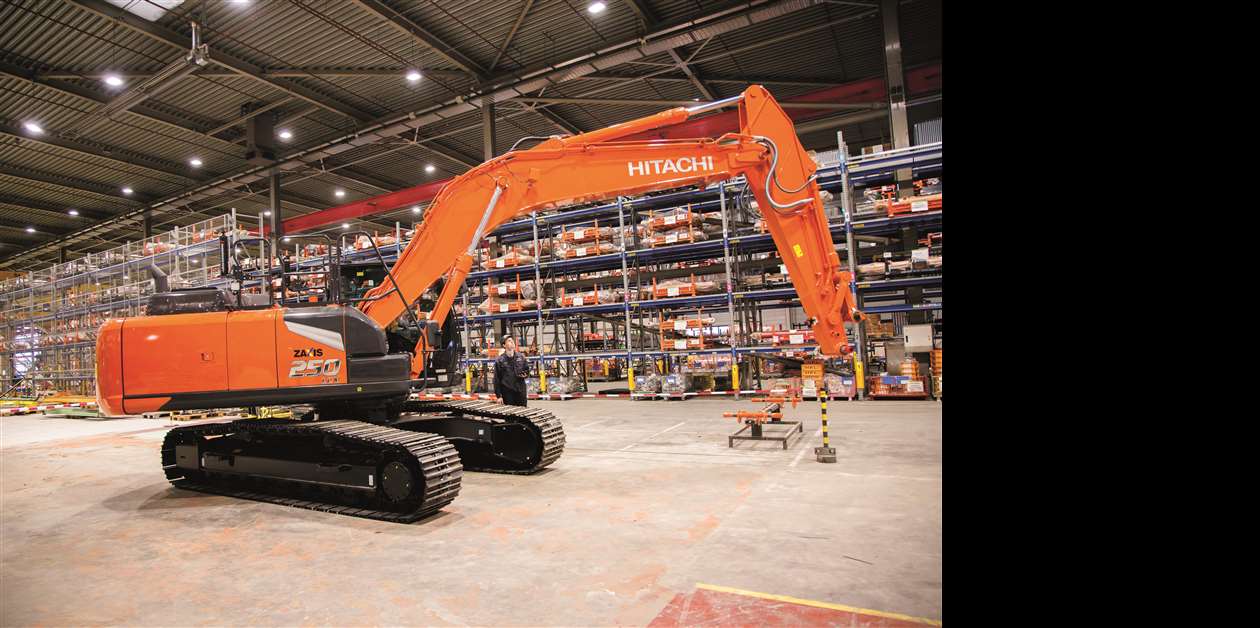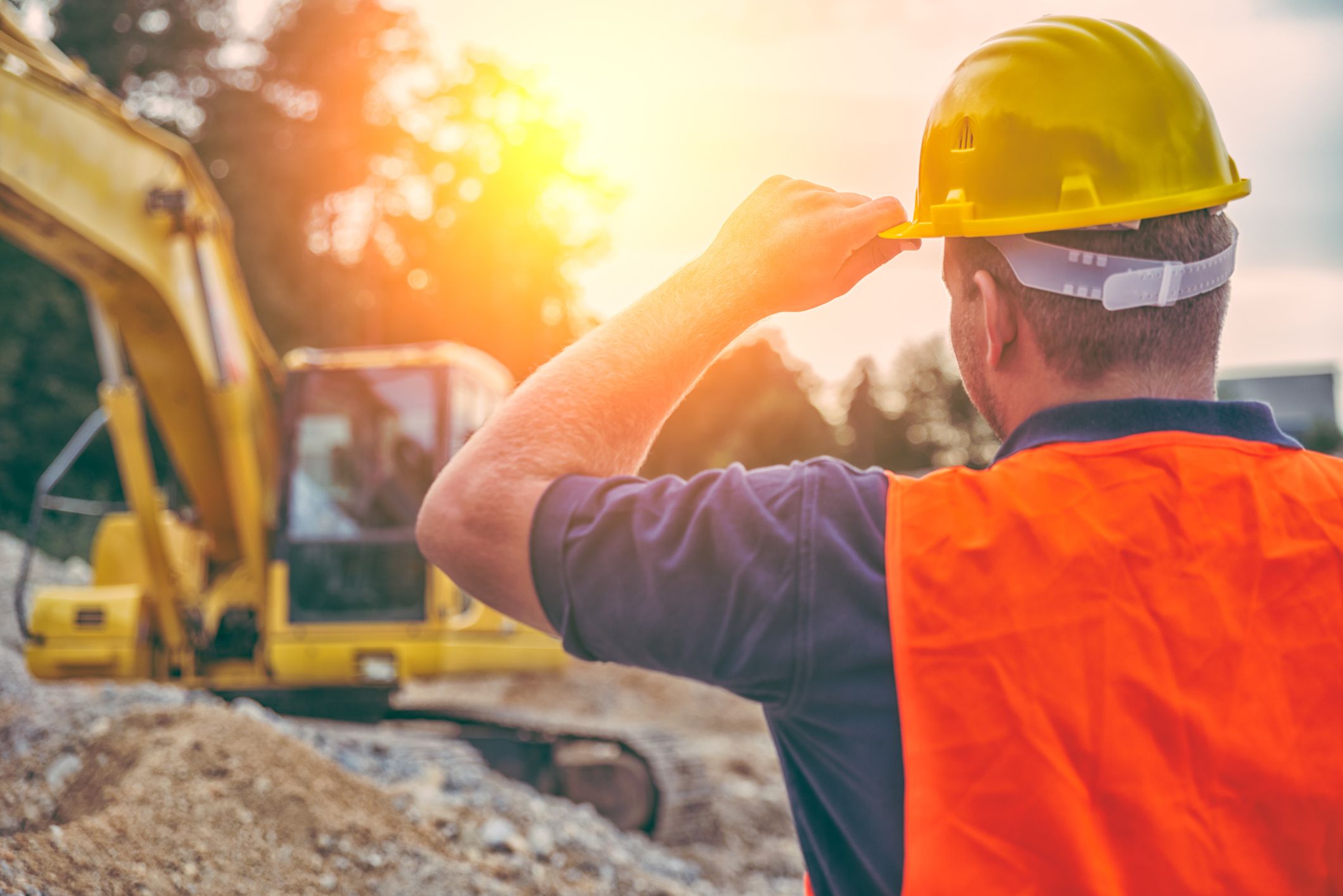Equipment Rental Company in Tuscaloosa AL: Your Trusted Source for Machinery
Wiki Article
Discovering the Financial Advantages of Leasing Building Devices Compared to Having It Long-Term
The decision between having and leasing building devices is crucial for financial monitoring in the industry. Renting out offers prompt cost savings and operational flexibility, permitting business to designate resources more efficiently. Understanding these subtleties is crucial, particularly when considering just how they line up with particular task requirements and financial approaches.
Price Contrast: Leasing Vs. Owning
When reviewing the economic ramifications of leasing versus owning building devices, a comprehensive cost contrast is necessary for making notified decisions. The selection between renting and owning can substantially impact a firm's profits, and comprehending the associated prices is important.Leasing construction tools usually involves lower ahead of time expenses, allowing organizations to designate capital to various other functional requirements. Rental agreements commonly include versatile terms, enabling firms to gain access to advanced machinery without lasting commitments. This adaptability can be especially beneficial for temporary jobs or fluctuating work. Nevertheless, rental costs can collect in time, possibly surpassing the expense of possession if devices is needed for a prolonged period.
On the other hand, having building and construction equipment needs a considerable first financial investment, along with continuous prices such as devaluation, insurance coverage, and funding. While ownership can result in long-lasting cost savings, it likewise connects up resources and might not give the same level of versatility as renting. Furthermore, owning devices necessitates a commitment to its use, which might not constantly align with task needs.
Eventually, the decision to lease or have must be based upon a comprehensive evaluation of certain task requirements, economic capability, and long-lasting tactical goals.

Upkeep Obligations and costs
The option between owning and renting construction tools not only involves financial considerations yet additionally incorporates continuous maintenance expenses and duties. Possessing devices needs a considerable commitment to its maintenance, which consists of regular evaluations, repair work, and potential upgrades. These duties can swiftly collect, resulting in unexpected prices that can strain a budget plan.In contrast, when renting out devices, maintenance is typically the responsibility of the rental firm. This plan allows specialists to avoid the financial worry connected with wear and tear, along with the logistical difficulties of scheduling fixings. Rental contracts often consist of provisions for upkeep, indicating that contractors can concentrate on completing tasks instead of fretting about devices problem.
Furthermore, the varied variety of devices readily available for lease makes it possible for business to select the current models with sophisticated modern technology, which can enhance effectiveness and performance - scissor lift rental in Tuscaloosa Al. By going with services, companies can stay clear of the long-lasting liability of devices devaluation and the associated upkeep frustrations. Eventually, assessing upkeep expenses and obligations is essential for making a notified decision about whether to have or rent out construction devices, considerably influencing total project expenses and operational effectiveness

Devaluation Influence On Possession
A considerable factor to think about in the choice to own building devices is the influence of devaluation on overall ownership prices. Depreciation stands for the decline in value of the devices over time, influenced by aspects such as usage, deterioration, and improvements in modern technology. As tools ages, its market price decreases, which can dramatically affect the owner's financial setting when it comes time to trade the tools or sell.
For building and construction business, this depreciation can translate to significant losses if the tools is not made use of to its maximum possibility or if it lapses. Proprietors need to represent devaluation in their monetary forecasts, which can lead to greater total prices compared to renting out. In addition, the tax implications of devaluation can be complicated; while it may give some tax obligation advantages, these are frequently offset by the reality of minimized resale value.
Eventually, the concern of devaluation highlights the relevance of understanding the long-lasting monetary dedication entailed in possessing building devices. Companies need to carefully examine how usually they will make use of the equipment and the prospective economic impact of devaluation to make an enlightened decision regarding possession versus renting.
Monetary Adaptability of Renting
Renting construction devices supplies considerable economic flexibility, enabling business to allot resources much more effectively. This adaptability is specifically essential in a market identified by fluctuating project demands and varying work. By deciding to rent out, businesses can avoid the considerable funding heavy equipment rental in Tuscaloosa AL expense needed for acquiring tools, maintaining cash flow for other operational requirements.Furthermore, leasing devices makes it possible for firms to customize their tools selections to details project requirements without the long-term commitment related to ownership. This means that companies can quickly scale their equipment inventory up or down based on current and anticipated project demands. Consequently, this flexibility minimizes the danger of over-investment in machinery that may become underutilized or obsolete over time.
One more monetary advantage of renting is the potential for tax benefits. Rental settlements are usually taken into consideration overhead, enabling prompt tax obligation reductions, unlike depreciation on owned equipment, which is topped numerous years. scissor lift rental in Tuscaloosa Al. This prompt cost recognition can even more boost a firm's cash money placement
Long-Term Job Considerations
When evaluating the lasting demands of a building company, the choice in between renting and possessing tools comes to be a lot more complex. Trick aspects to consider consist of job duration, regularity of usage, and the nature of upcoming tasks. For tasks with prolonged timelines, acquiring devices may appear beneficial as a result of the capacity for reduced general costs. Nonetheless, if the devices will certainly not be used continually throughout projects, having may cause underutilization and unnecessary expense on insurance policy, storage, and maintenance.Furthermore, technical innovations posture a significant consideration. The construction industry is developing quickly, with new devices offering improved effectiveness and safety and security attributes. Renting out permits firms to access the most recent technology without devoting to the high ahead of time prices connected with purchasing. This flexibility is particularly advantageous for companies that deal with diverse jobs requiring different kinds of devices.
Moreover, monetary security plays a critical role. Possessing equipment typically requires substantial capital expense and devaluation issues, while renting allows for even more foreseeable budgeting and cash money flow. Ultimately, the choice in between possessing and renting out needs to be straightened with the calculated objectives of the construction business, thinking about both present and awaited task demands.
Final Thought
In conclusion, renting construction equipment provides considerable monetary benefits over long-lasting possession. Eventually, the choice to lease instead than own aligns with the dynamic nature of building jobs, enabling for versatility and access to the newest devices without the financial concerns associated with ownership.As equipment ages, its market worth lessens, which can significantly affect the proprietor's economic setting when it comes time to offer or trade the devices.
Renting out building and construction tools uses considerable financial flexibility, permitting firms to designate resources much more efficiently.In addition, renting out devices enables companies to customize their devices choices to specific task demands without the long-term dedication linked with ownership.In conclusion, renting out building equipment supplies considerable financial benefits over long-lasting ownership. Inevitably, the decision to rent instead than own aligns with the dynamic nature of building and construction jobs, allowing for flexibility and access to the latest tools without the monetary burdens connected with ownership.
Report this wiki page